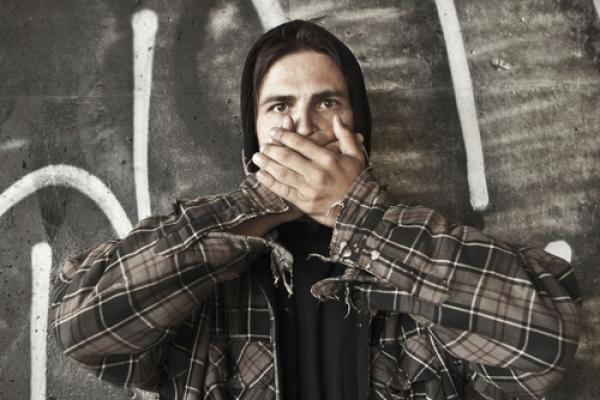Jul 3, 2012
I have been actively listening to the words that are used in popular and social media. Our words are used to convey messages, shape cultures, and promote agendas. This is not a criticism, as we all participate in this process. We use words, images, and metaphors to try to shape a preferred precept or concept when we communicate. Our words are loaded with meaning, not just literally, but culturally and symbolically.
Every week, I talk to young men and women who are shaped and guided by the language used in the hip-hop culture. Interestingly, these are not young adults of one ethnicity or socioeconomic background, but young adults from across the spectrum of ethnicity, nationality, and economic status.
Read the Full Article

Already a subscriber? Login
